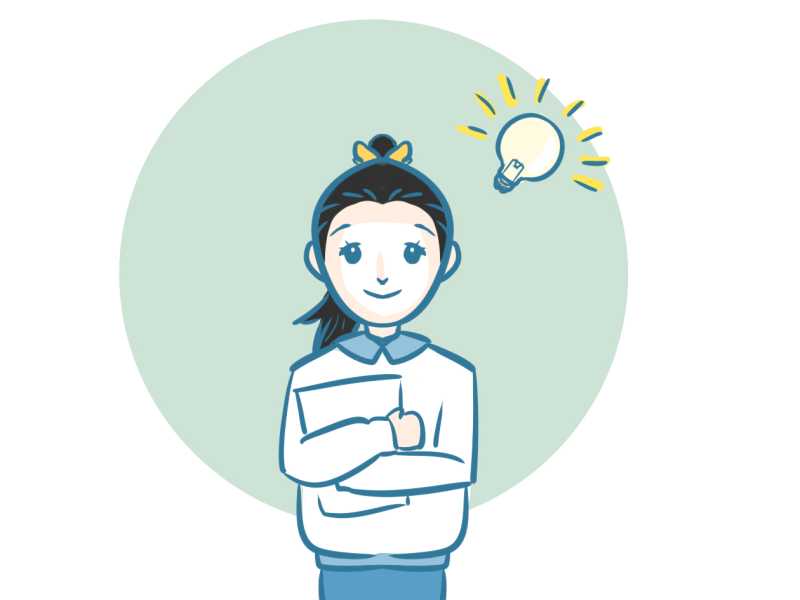小学英语期末重点复习资料
我们在复习旧知识的同时,会得到不一样的见解与感受,学会复习,能进步飞速。下面是小编为大家整理的有关小学英语期末重点复习资料,希望对你们有帮助!

小学英语期末重点复习资料1
Unit 1
do morning exercises做早锻炼 eat breakfast吃早餐 play sports做运动have English class上英语课 eat dinner吃晚饭 get up起床 climb mountains爬山 go shopping 购物 play the piano 弹钢琴visit grandparents看望祖父母 go hiking去远足 usually 通常often经常 sometimes 有时候
When do you eat dinner? I eat dinner at 7:00 in the evening.
When do you get up? I usually get up at 12:00 at noon.
What do you do on the weekend?
Usually I watch TV and go shopping.
Sometimes I visit my grandparents. What about you?
I often play football. Sometimes I go hiking.
Unit 2
Spring春天 summer夏天 fall秋天 winter冬天season季节which哪个 best的 swim游泳 fly kites 放风筝 sleep 睡觉 skate滑冰 make a snowman堆雪人 plant trees植树 why为什么because 因为
Which season do you like best? I like winter best.
Summer is good, but fall is my favourite season.
Why do you like summer? Because I can swim in the lake.
Why do you like winter? Because I can sleep a long time.
Unit 3
January(Jan.)一月 February(Feb.)二月 March(Mar.) 三月 April(Apr.) 四月 May五月June六月 July七月 August (Aug.)八月 September (Sept.)九月 October (Oct.)十月November (Nov.)十一月 December (Dec.) 十二月 birthday生日 uncle叔叔 her她的 date日期
When is your birthday? It’s in May.
My birthday is in June. Uncle Bill’s birthday is in June, too.
Is her birthday in June? Yes.
What’s the date? June 9th .
Unit 4
draw pictures画画 cook dinner 做饭 read a book 看书
answer the phone接电话 listen to music 听音乐 clean the room 打扫房间write a letter写信 write an e-mail 写电子邮件 mom 妈妈 grandpa 奶奶 study书房
Hi, John. This is Zhang Peng.
What are you doing? I’m doing the dishes.
I’m reading a book.
Grandpa is writing a letter.
Brother is doing homework.
Mom is cooking dinner in the kitchen.
He’s writing an e-mail in the study.
Unit 5
fly 飞 jump 跳 walk 走 run跑 swim 游kangaroo袋鼠sleep睡觉climb爬 fight打架 swing荡秋千 drink water 喝水
What is it doing? It’s eating bananas.
What is she doing? She’s jumping.
What are they doing? They’re swimming.
They’re climbing trees.
Unit 6
take pictures照相 watch insects观察昆虫 pick up leaves摘树叶do an experiment做实验 catch butterflies抓蝴蝶 count insects 数昆虫 collect leaves采集树叶 write a report写报告 play chess下围棋 have a picnic举行野餐 honey蜂蜜
Are you eating lunch? No, we aren’t.
Are they eating the honey? Yes, they are.
Is he playing chess? Yes, he is.
Is she counting insects? No, she isn’t.
小学英语期末重点复习资料2
第一部分
一、大写字母的运用
1.句首第一个字母大写。
2.人名、国名、节日名、语言名、组织名等专有名词的首字母大写。
3.星期、月份的首字母大写。
4.特指的学校、政府、党派、委员会或涉及具体人名的称呼或职位,首字母大写。
5.某些特殊词汇、缩略词、标志语、特殊用语等,首字母大写或全大写。
6.句中要强调的部分通常全大写。
7.诗的每一行首字母要大写。
二、与字母发音相同的单词
如:Bb-bee, Cc-see/sea, Rr-are, Tt-tea, Ii-I/eye, Oo-oh, Uu-you, Yy-why.
三、缩略形式
如:I’m = I am,
you’re = you are,
she’s = she is/she has,
won’t=will not,
can’t =can not,
isn’t=is not, let's = let us.
四、同音异形词
如:to/too/two,
their/there,
right/write,
pair/pear,
four/for,
know/no,
sun/son.
五、反义词
如:day-night,
come-go,
yes-no,
up-down,
big-small.
short-longtall,
fat-thin,
low-high,
slow-fast,
六、名词复数的变化规则
1.一般情况下,直接加s,
如:book-books, bag-bags, cat-cats, bed-beds.
2.以s,x,sh,ch 结尾,加es,
如:bus-buses, box-boxes, watch-watches.
3.以辅音字母加y 结尾,变y 为i, 再加es,
如:family-families, hobby-hobbies.
4.以f 或fe 结尾,变f 或fe 为v, 再加es,
如:thief-thieves, knife-knives.
5.以o 结尾,加es,
如:mango-mangoes.
加s,如:radio-radios,photo-photos.
6.不规则变化,
如:man-men,
woman-women,
child-children,
foot-feet,
tooth-teeth.
7.不可数名词
有:bread, juice, tea, coffee, water, rice 等。
(不可数名词 相对应的be 动词是is/was)
七、名词所有格
表示人或物品所属关系时,就需要使用名词所有格。
名词所有格的构成有以下规 则:
1.一般情况下,在名词的末尾加’s 构成。
如:Tom’s book
2.以“-s”结尾的复数名词的所有格,只在其末尾加’。
如:our teachers’ books
3.表示几个人共同拥有的东西时,只在最后一个名字上加所有格。
如:Su Hai and Su Yang’s bedroom
八、a, an 和the 的用法
1.单词或字母的第一个读音是辅音读音:a book, a peach, a “U”.
单词或字母的第一个读音是元音读音:an egg, an hour, an “F”.
2.the 要注意的:球类前面不加the,乐器前面要加the,序数词前面要加the。
